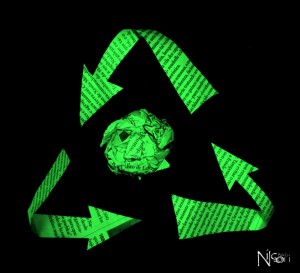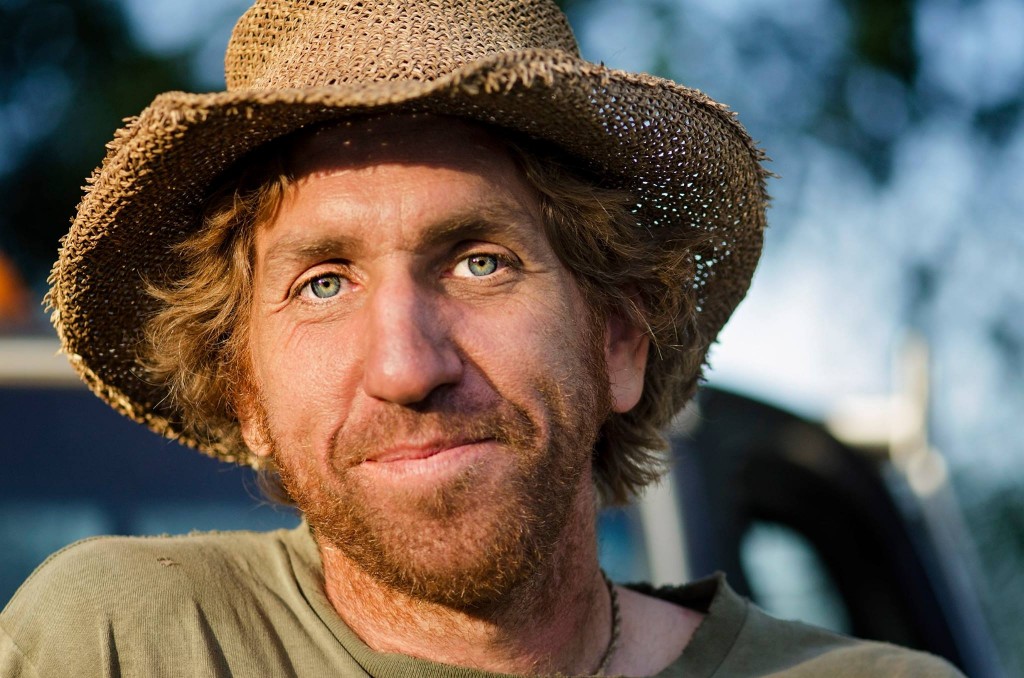What is fossil fuel divestment?
It is an international network of campaigns calling on powerful institutions to sell any stocks/bonds they hold in the top 200 fossil fuel companies. Many colleges, governments, and foundations have already divested: my own Carleton College has not.
Why might an institution want to divest?
 It was recently unearthed that as early as 1977, ExxonMobil– the world’s largest oil and gas company– knew that their product was causing global temperature rise that could prove catastrophic. Rather than change their business model, they spent tens-of-millions of dollars propagating misinformation, obstructing political action, and cultivating denial across the globe.
It was recently unearthed that as early as 1977, ExxonMobil– the world’s largest oil and gas company– knew that their product was causing global temperature rise that could prove catastrophic. Rather than change their business model, they spent tens-of-millions of dollars propagating misinformation, obstructing political action, and cultivating denial across the globe.
The other major players have all done the same: deny, distract, and drill baby drill.
While many of these companies have changed their tone, they have not changed their actions. “For well over a decade, several of the oil majors have claimed to be voluntarily using their profits to invest in a shift to renewable energy,” writes Naomi Klein in This Changes Everything, “but according to a study by the Center for American Progress, just 4 percent of the Big Five’s $100 billion in combined profits in 2008 went to ‘renewable and alternative energy ventures.’” The rest went to shareholders, uber-rich executives, climate denial lobby groups, and the pursuit of ever-more-elusive oil, gas, and coal.
For decades, fossil fuel companies have unequivocally failed to recognize and respond to the threat their business creates. Moreover, they have deliberately suppressed localized and renewable energy models and disproportionately targeted communities of poor people and people-of-color as the sites of pollution-generating wells, refineries, and pipelines.
To divest is to acknowledge the myriad offenses of fossil fuel companies and emphatically declare “We can no longer, in good conscious, make the profits of fossil fuel companies our own.” It’s a powerful symbolic gesture gaining traction across the world. But it is often misunderstood.
Continue reading “In Defense of Divestment” →
 newspaper posed the question “As a college student, what are your strategies for being a conscientious consumer without breaking the bank?”
newspaper posed the question “As a college student, what are your strategies for being a conscientious consumer without breaking the bank?”
